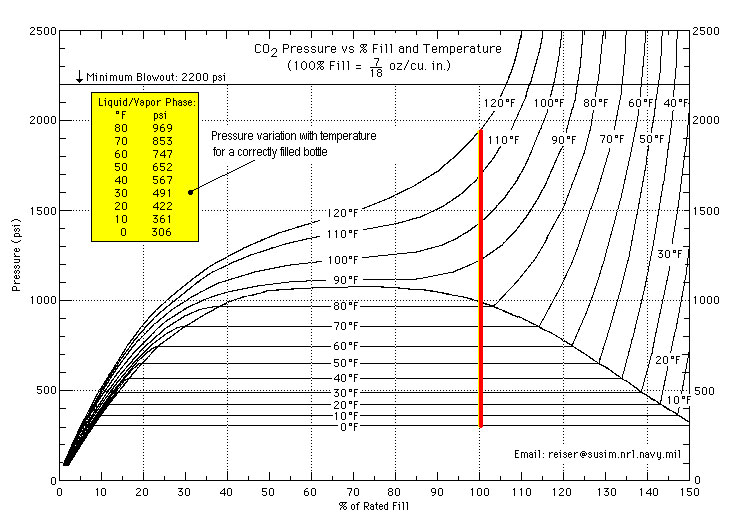OpenSights
Well-Known Member
- Joined
- Dec 9, 2017
- Messages
- 1,149
- Reaction score
- 2,022
Wife’s family reunion today, got a cool stein from Germany!


Anyhow, I brought three kegs and just in case brought a smaller co2 tank. Had the windows of my truck half way down, roughly 80f out today. All of a sudden there’s a ton of co2 spewing out of my truck!
Anyone ever hear of this happening?


Anyhow, I brought three kegs and just in case brought a smaller co2 tank. Had the windows of my truck half way down, roughly 80f out today. All of a sudden there’s a ton of co2 spewing out of my truck!
Anyone ever hear of this happening?



